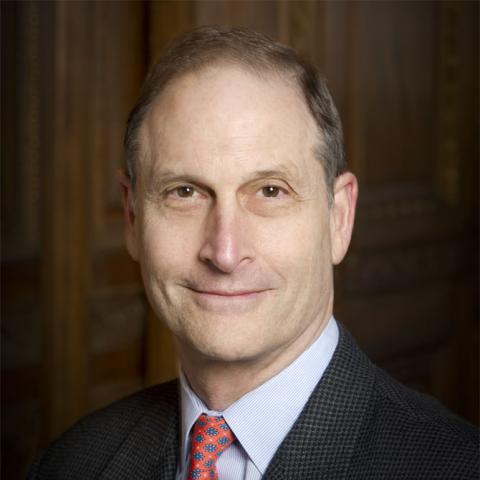Some supporters of the Affordable Care Act (ACA) are worried they’re paying a political price for health care reform. The political fallout should come as no surprise.
The history of comprehensive health reform shows unequivocally that it’s a short-term political disaster. That’s why so many political leaders have either avoided the issue, or regretted engaging it. Franklin D. Roosevelt, arguably one of our most politically adept presidents, turned his back on national health insurance in 1934 when advisors argued for including it in the Social Security program. He continued to dodge it for most of his long presidency. Both Jimmy Carter and Bill Clinton paid heavy political prices for their proposed national health care programs.
Health reform’s political toxicity is all about math and voting. Even prior to the ACA, more than 80 percent of Americans under 65 had health insurance, and most were satisfied with their coverage and regular care. These are people—better educated, employed, with middle to higher incomes—who vote, especially in mid-terms. The elderly, of course, have Medicare and they too are generally satisfied with their insurance and care. The 20 percent who didn’t have insurance before the law was passed were—and are—much less likely to show up at the polls. They tend to be younger, less-educated, and less well-off.
Then there’s the nature of health care as an issue: highly personal, highly consequential, and incredibly complex and confusing. Health care is about people’s deepest hopes and fears, for themselves and for their loved ones. And the health care system has become a multi-layered maze of huge insurance chains, enormous and acquisitive provider organizations, government regulation, and constantly changing therapeutics.
This makes it easy for opponents of health reform to stir opposition by arguing—fairly or not—that any new program will make things worse for people who are satisfied with their insurance and their care. This is precisely why President Obama felt the need to promise, inaccurately as it turned out, that every American who liked their insurance plan would be able to keep it under the ACA.
And supporters of reform have difficulty explaining any new program and motivating its beneficiaries to take advantage of it. Witness the large numbers of uninsured Americans who remain unaware of the availability of subsidized insurance through the ACA marketplaces.
So, to put it crudely, why would any sane politician push a program likely to scare and confuse large numbers of people who vote, in order to help small numbers who don’t?
There are two possible responses. One is that it’s the right thing to do, since a lack of insurance is essentially a death sentence for millions of Americans. Doing the right thing, however, can be politically costly: when Lyndon Johnson pushed through the Civil Rights Act in 1965, he gave away the southern United States to the other party for a generation.
A second argument for braving health reform is practical: it simply has to be done to make our health system viable. The private health insurance industry in the United States, and our health system as a whole, have been in a downward spiral that threatens the interests of all Americans, including the now contentedly insured. Prior to the ACA’s enactment, more and more people were losing insurance, or being forced—because of huge premium increases—to purchase coverage that offers less and less protection.
For some years now, insured Americans have been the proverbial frog in the cooking pot, barely noticing as the water slowly approaches the boiling point. A health care system in which, year after year, the cost of insurance rises faster than workers’ wages is not sustainable for anyone.
Relatively little attention has been paid to ACA reforms that attempt to make the system sustainable by tackling fundamental problems with the health care delivery system and with the structure of the private insurance markets. The reason may be that insurance markets and delivery systems—their problems and solutions—are complex and much less interesting than the political battles surrounding covering uninsured Americans, and whether currently insured Americans may face cancellation of their plans. While the major long-term political gains to supporters of health reform may lie in these delivery system and insurance reforms, President Obama and many current congressmen and senators will likely be long gone when and if those gains materialize.
So ACA supporters have every right to be concerned about the politics of health reform. Each will have to decide for themselves whether health reform was foolish, courageous, or both.
In the meantime, millions of Americans now have health insurance who didn’t before, and the cost of health care is increasing at the lowest rate in 50 years.



